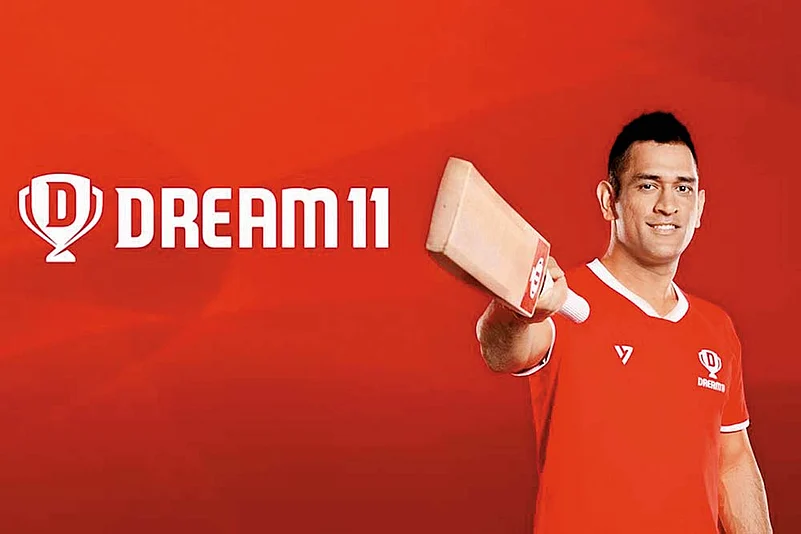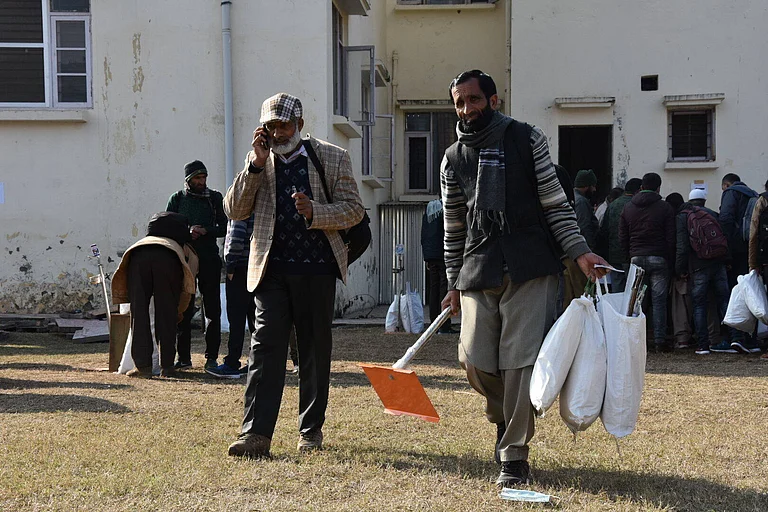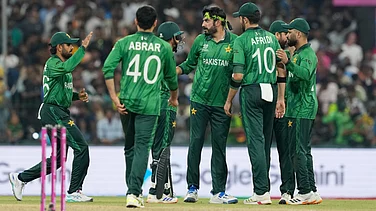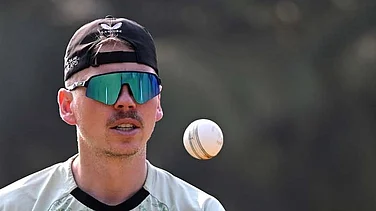It is an irony that a nation that prides itself as a digital-first country is held back by an archaic law that has wrapped the rising sector of online gaming in ambiguity. Dream11, a fantasy sports platform, won the title rights of the IPL 2020 by paying the BCCI a handsome Rs 222 crores to outbid a firm from another burgeoning domain, the education technology sector.
Aligning with one of the world’s hottest sports properties ought to have been a happy occasion for Dream11. But a powerful traders’ body has accused it of ‘hoodwinking’ the government of thousands of crores in taxes, and two controversial High Court orders that gave it the bandwidth to expand its business are now under the Supreme Court’s scanner.
Caught in the quagmire of ‘skill’ versus ‘chance’, the controversial fantasy sports sector has drawn its power from two High Court judgements, with several special leave petitions at the SC being dismissed. But all that could change if the SC’s recent mood is any indication. The Rs 2,500 crore tax evasion charge against Dream11 has not been challenged so far. The Maharashtra government’s SLP, heard by a three-member bench led by CJI Sharad Bobde has the potential to change the script.
Then there is an intervention application by activist Avinash Mehrotra, claiming that fantasy platforms and online gaming sites are easy routes to gambling.
“The power to ban or block websites is with the Central government, yet the task of regulating gambling and betting rests with states. This peculiar distribution of power and lack of coordination has resulted in inaction,” says advocate Siddharth Iyer, who is representing Mehrotra, a Noida businessman.
Indian laws governing gaming remain fuzzy and open to interpretation. The Public Gaming Act of 1867 remains the foundation of all laws in the area, with anything involving money and faintly smelling of “a game of chance” being punishable. Thus, operators had to win court judgements that endorsed fantasy sports and horse racing as “predominantly a game of skill”.
In this climate of uncertainty, Dream11 managed to win two High Court verdicts in its favour. Justice Amit Rawal of Punjab and Haryana High Court dismissed a writ petition filed by advocate Varun Gumber in April 2017, saying that fantasy sports does not fall under gambling, as it involves substantial skills. Two years later, Gurdeep Singh Sachar’s litigation in Bombay HC wanted the court to declare fantasy sports a game of chance, also claiming that Dream11 was liable to pay GST at 28 per cent, instead of the 18 per cent it pays. A division Bench of Justice Bharati H. Dangre and Ranjit More speedily dismissed the petition.
In December 2019, the dismissal of SLPs filed separately by Gumber, Sacher and Union of India only emboldened Dream11. But Maharashtra’s SLP at Justice Bobde’s bench threw a spanner in the works.
Dream11 has been a market leader and formed the Federation of Indian Fantasy Sports in 2017, a self-regulatory industry body established to protect consumer interest and create standardised best practices. But FIFS’s apparently bullying nature and selfish intentions have divided operators. There are complaints that Dream11 is using the FIFS to subdue rivals and scaring them with legal implications. Dream11 did not respond to Outlook’s queries.
Manish Agrawal, CEO, Nazara Technologies, admits the confusion. “It is a good problem to have for a burgeoning sector but it is certainly not a winner-take-all industry. There is scope to co-exist; the onus is on the industry to explain to the government what it entails. There is a lack of awareness…FICCI, CII or IMAI can act as a bridge between industry and the government,” says Agarwal.
Agarwal says if the Supreme Court gives clarity, all speculation will end. “Once policies are defined investments will increase substantially…. There will be scope for all, though the top three-four will continue to flourish,” says Agarwal.
There are about 80-90 million players across 170 operators in the fantasy space, and with a pool of 500 million cricket lovers, the courts would do better to put regulations in place, once and for all.


























